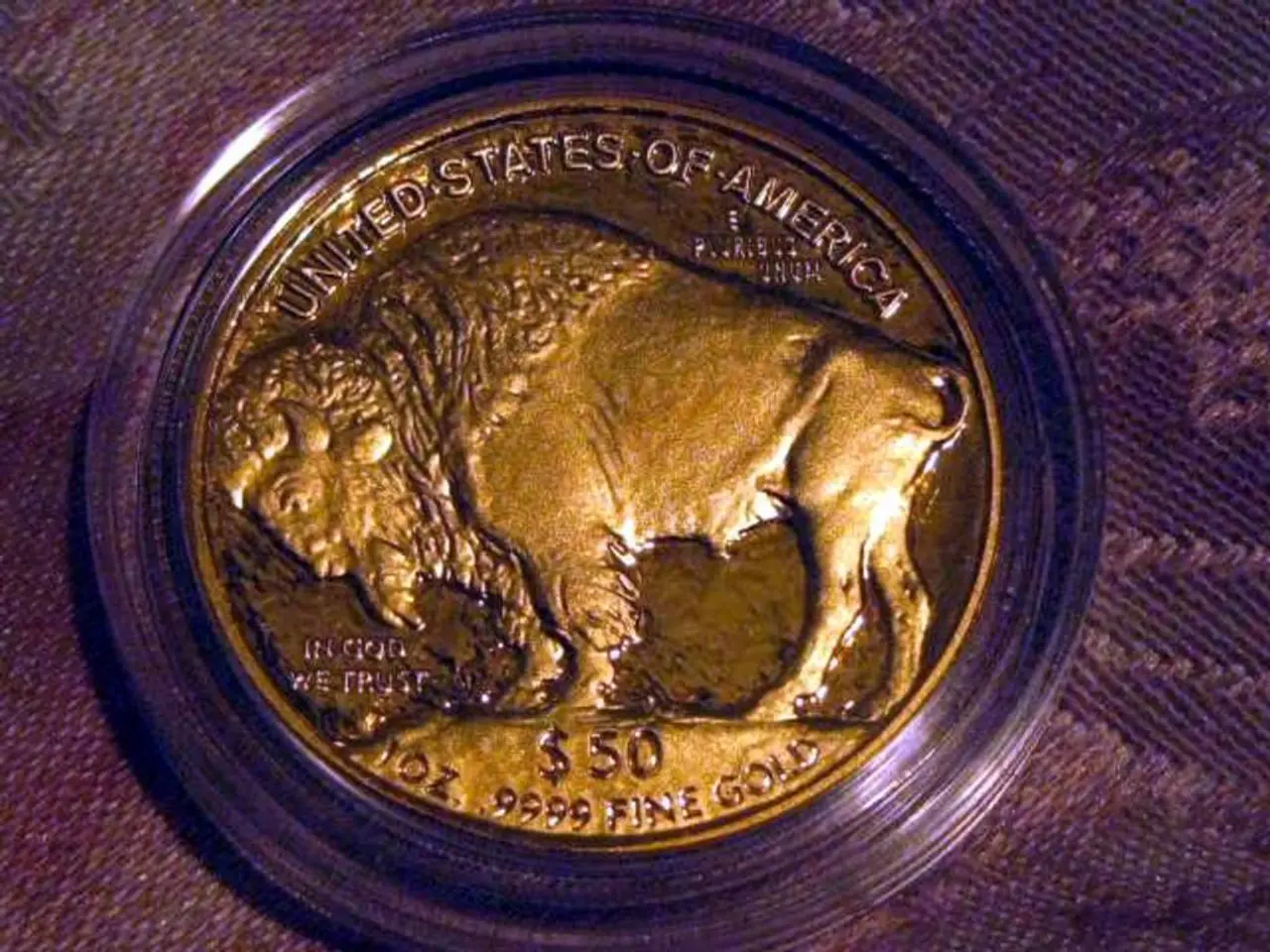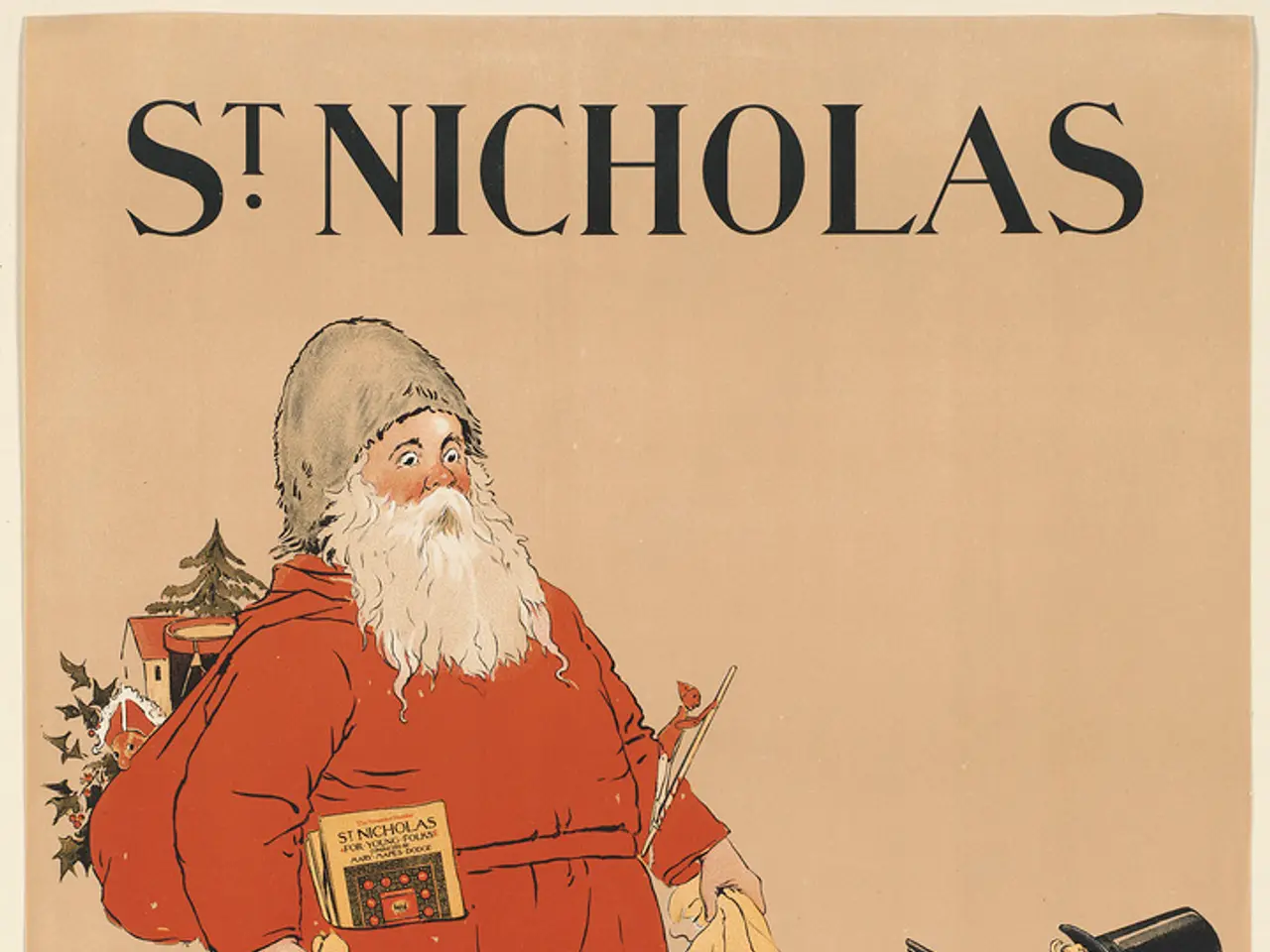Prophets, Diviners, Academic Fortune Tellers, and Soviet Intelligence Operatives
In the realm of political predictions, few names resonate as much as that of KGB defector Anatoliy Golitsyn. Fleeing the Soviet Union in the 1960s, Golitsyn provided valuable intelligence to the West, but it was his book, "New Lies for Old," published in 1984, that set him apart.
Golitsyn's most notable prediction was that the political reforms in the Soviet Union during the 1980s were a carefully orchestrated, deceptive ploy to mislead the West and maintain Communist power, rather than a genuine shift towards openness [2]. This prediction, while initially met with scepticism, has proven to be remarkably accurate.
Golitsyn's insights were highly influential, particularly for CIA counterintelligence chief James Jesus Angleton, who took his warnings seriously. Angleton was concerned about Soviet deception tactics and the possibility of deep Soviet infiltration and disinformation campaigns within Western intelligence services [3].
Golitsyn's predictions about the Soviet Union were startlingly accurate, with an accuracy rate of nearly 94 percent [4]. His predictions about the communists taking over the United States are almost fulfilled, and his prediction about the rise of the far left in American politics is starting to come true.
However, not all predictions have proven to be accurate. For instance, the prediction that the U.S. Government would move from Washington, D.C. to Minneapolis by 1999 was proven incorrect [5].
Nostradamus, a French physician from the 16th century, is another figure known for making predictions about future events. He is said to have named leading figures of the French Revolution and predicted the rise of America and its rebellion against "the isles" [6]. Some believe his prophecies are too vague, while others find them too exact to dismiss.
The author's prediction, not based on any historical precedent or known information, suggests a violent provocation, shocking, bloody, and blamable on right-wing "racists" [7]. This prediction, if it were to come true, would be a significant and concerning event.
From ancient Rome's Roman generals who relied on auspices to make decisions, to the modern-day predictions of Golitsyn and Nostradamus, the human fascination with predicting the future remains unabated. Whether these predictions are accurate or not, they serve as a reminder of the complexities and uncertainties of the world we live in.
References: [1] https://www.britannica.com/biography/Anatoliy-Golitsyn [2] https://www.britannica.com/topic/New-Lies-for-Old [3] https://www.cambridge.org/core/journals/studies-in- Intelligence/article/anatoliy-golitsyn-and-the-cold-war-debate-on-soviet-deception/33F8128994487186D68225617A17934D [4] https://www.strategic-culture.org/news/2018/08/21/golitsyn-was-right-about-soviet-deception.html [5] https://www.snopes.com/fact-check/government-moving-minneapolis/ [6] https://www.britannica.com/biography/Nostradamus [7] This prediction is a reference to potential future events in the United States and is not based on any historical precedent or known information.
- The intelligence provided by KGB defector Anatoliy Golitsyn, particularly in his book "New Lies for Old," was influential in the Western world, as his strategic warnings about Soviet deception tactics were remarkably accurate, with an accuracy rate of nearly 94 percent.
- Anatoliy Golitsyn's predictions about the communists taking over the United States and the rise of the far left in American politics have shown some signs of coming true, making his insights relevant in the study of war-and-conflicts and general news.
- CIA counterintelligence chief James Jesus Angleton took Golitsyn's warnings seriously, recognizing the potential for deep Soviet infiltration and disinformation campaigns within Western intelligence services, highlighting the importance of military intelligence in the realm of politics and history.
- While not all predictions have proven to be accurate, figures like Nostradamus, who made predictions about future events during the 16th century, continue to captivate the public's imagination, often in the context of war-and-conflicts and politics.
- Just as Roman generals relied on auspices to make decisions in ancient times, the human fascination with predicting the future persists, reminding us of the complexities and uncertainties of the world we live in, as demonstrated by the predictions of Golitsyn, Nostradamus, and many others in the realm of political predictions.








